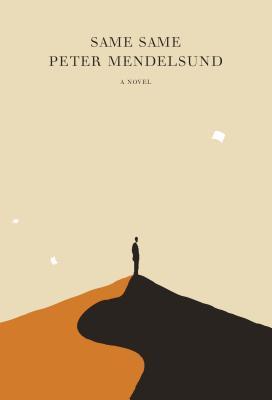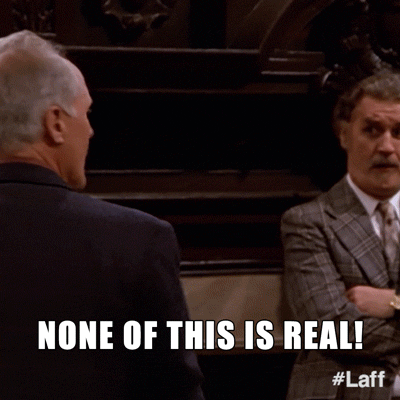What do you think?
Rate this book


496 pages, Paperback
First published January 1, 2019
Newton Showalter sat at his desk facing a blank page. (1)
What has brought me, Newton thought, to spend all my time creating fictional worlds that only I will ever enter, having the habit, as I do, of deleting anything I might have written at the end of the day? (3)
(1) While the name of the author of this novel and the character he writes about would appear to be the same, they are pronounced differently, and they did not even get along the one time they met. (2)
(2) Gainsville, Florida, March 18, 1984.
(3) How then could you be reading this, reader? Could it be that the narrator of this tale is not accurately reporting the thoughts of Newton Showalter? Or could it be that you yourself are Newton Showalter?
"Well there isn't really a story, not in the normal way... And it isn't really, like, 'a novel,' not in the traditional sense. It is kind of a grab bag. There is little in the way of development. No dramatic turns of event. And the narrator may be unreliable."
"The project - and what makes up the project - may, in fact turn out to be a contrivance. Okay. But claiming something is a contrivance doesn't absolve one of the responsibility of having to construct a fucking decent, readable one."
"Here are [The Magic Mountain's] pages, sacrificed on the altar of my project. Cut in. As if my own novel were nothing but a prismatic version of this other book - as if that great work had been thrown in a wood chipper, its chapters, sections, sentences, words even: mixed willy-nilly..."


as i listen to the director's speech from the periphery of the gathering, i notice that the audience encircling our master of ceremonies has been made (i want to say: biddable?). it is the theater of the thing. they cease to be an aggregation of individuals and instead have become a single organism: a creature that responds quickly and obediently to the prompts provided it; clapping, grumbling, cheering, etc. we are enjoying ourselves, i think. or, they are. all of them. committed, fervent. feelings i simply can't manage.
Simple, you'd think. One of these: 🙂. But no, no, she's a forward arrow: →. Or, a fingerpost. Better still, just a finger, pointing; 👉. For the jolly little trendsetter that she is: a disembodied finger. A finger with a pretty little pink nail. Pointer finger. Trigger finger; pew, pew. Digitus secundus. It's perfect actually-- as apical creative and ideation manager at a creative consultancy responsible for branding, systematic trend-watching, scenario development, and visioning. A modern oracle, she is. A roadmapper. A strategic consultant. Sniffs for trends, and then sells forecasts to high-bidding clothing manufacturers, game designers, packaging specialists, fashion conglomerates, entertainment studios, food labs, app developers, and even, ouroboros-like, to other creative foresight consultancies. For a not-insignificant outlay of money she will tell you what that color, that style, that phrase, that cadence, that disposition or humor, that taste will be--the one which will appeal next season, next year, in ten years, as far down the pike as you wanted her to look, all the way to the end of cindered time. Incredibly high success rate: predictions-to-outcomes. Day after day, in her office, diode-lit by three monitors, tabs open, phone lines on speaker, silent feeds us polling, networks and platforms auto-updating, page-view by page-view, analytic by analytic, click after click, vibrating with the hum of cooling fans and brushed by the building's ventilation, peering at now's entrails, its wasted wants, its dissatisfactions and refuse, reading in this...
“‘Could the providing of the prompt itself be a prompt?’ I ask him. And he shrugs. ‘Only if your project were a project about projects.’”In 2021, I re-read Same Same after having read Thomas Mann’s The Magic Mountain, upon which Mendelsund draws heavily. It is the thick, canonical tomb that our narrator finds unassailably uninteresting. This book is filled with references and allusions to that century-old work, all scrambled and, in many cases, bearing completely new meaning. It is another layer through which Mendelsund makes his argument for creativity as collage. We are awash in the literary output of thousands of years of history, all that paper bearing down on us. “Consider,” Mendelsund writes, “that the paper is not, in fact, white. With all the words that have been written already, down the eons, by all those others?” Where does one find “some room to write my own thoughts down”?